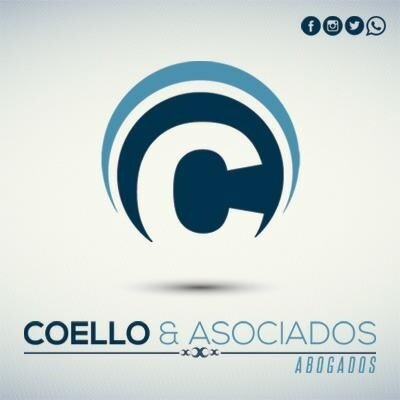Best Collaborative Law Lawyers in San Pedro Sula
Share your needs with us, get contacted by law firms.
Free. Takes 2 min.
Free Guide to Hiring a Family Lawyer
List of the best lawyers in San Pedro Sula, Honduras
About Collaborative Law in San Pedro Sula, Honduras
Collaborative Law, also known as Collaborative Practice or Collaborative Divorce, is a voluntary dispute resolution process that is used primarily in family law cases, including divorce, custody disputes, and spousal maintenance. In San Pedro Sula, Honduras, where interference of family disputes by courts can be minimal, Collaborative Law can be a valuable alternative. It encourages a cooperative approach for the parties involved, enabling them to solve their disputes with dignity and respect while minimizing contention.
Why You May Need a Lawyer
Assistance of a lawyer in Collaborative Law situations is highly beneficial as they can provide expert advice, advocate for your interests, and guide you through the legal process using their knowledge and experience. Lawyers are particularly useful when dealing with complex financial matters or highly charged situations such as custody disputes or divorces.
Local Laws Overview
In Honduras, family law is governed by the Family Code and Civil Code which fully outline the rights and duties of family members, marriage, divorce, and related issues. Despite the absence of specific statutory provisions for Collaborative Law, the process aligns with the country's aim to prioritize amicable solutions. Your lawyer should have the familiarity to navigate these laws and apply them to your unique situation.
Frequently Asked Questions
What is the role of a Collaborative Law lawyer?
A Collaborative Law lawyer provides legal guidance, helps you understand your rights, articulates your concerns, and works with the others to reach a mutual agreement.
How does the collaborative process work?
Each party hires a collaborative-trained lawyer. All participants sign an agreement to work together cooperatively, sharing information and not going to court. Meetings are then held to negotiate mutually beneficial agreement.
What happens if we can’t reach an agreement?
If you can’t reach an agreement during the collaborative process, you may need to go to court. In such cases, the collaborative lawyers generally withdraw and new lawyers are appointed for court proceedings.
Can children be involved in the process?
While children don't usually partake in sessions, their needs are forefront. Their potential involvement depends on their age, maturity, circumstances and the discretion of parents and lawyers.
Will the collaborative process be quicker and cheaper than going to court?
Often, yes. The speed and cost can vary substantially depending on complexity and contention level, but overall, Collaborative Law tends to be more time- and cost-efficient than court proceedings.
Additional Resources
For more information on Collaborative Law, consider reaching out to organizations such as the International Academy of Collaborative Professionals (IACP), and the Honduras Bar Association. Also, visit online platforms like "HondurasLegal.com", offering useful articles on various legal topics.
Next Steps
If you need legal assistance in Collaborative Law, seek a lawyer well-versed in the field. They'll provide a consultation to assess your situation, and guide you through the collaborative process effectively. Do thorough research to ensure you select a lawyer with proper education, training, and alignment with your needs and values.
Lawzana helps you find the best lawyers and law firms in San Pedro Sula through a curated and pre-screened list of qualified legal professionals. Our platform offers rankings and detailed profiles of attorneys and law firms, allowing you to compare based on practice areas, including Collaborative Law, experience, and client feedback.
Each profile includes a description of the firm's areas of practice, client reviews, team members and partners, year of establishment, spoken languages, office locations, contact information, social media presence, and any published articles or resources. Most firms on our platform speak English and are experienced in both local and international legal matters.
Get a quote from top-rated law firms in San Pedro Sula, Honduras — quickly, securely, and without unnecessary hassle.
Disclaimer:
The information provided on this page is for general informational purposes only and does not constitute legal advice. While we strive to ensure the accuracy and relevance of the content, legal information may change over time, and interpretations of the law can vary. You should always consult with a qualified legal professional for advice specific to your situation.
We disclaim all liability for actions taken or not taken based on the content of this page. If you believe any information is incorrect or outdated, please contact us, and we will review and update it where appropriate.








